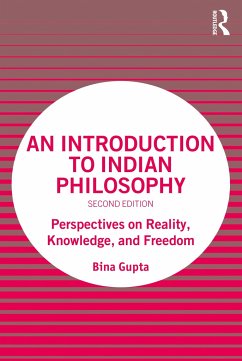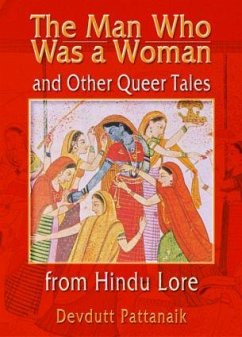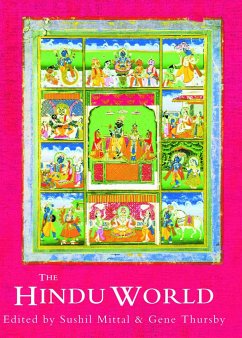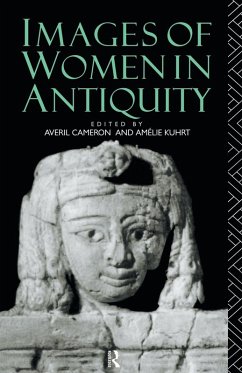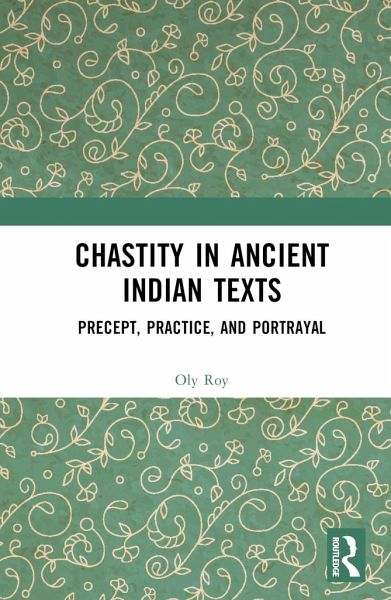
Chastity in Ancient Indian Texts
Precept, Practice, and Portrayal
Versandkostenfrei!
Versandfertig in 6-10 Tagen
154,99 €
inkl. MwSt.
Weitere Ausgaben:

PAYBACK Punkte
77 °P sammeln!
This book looks at the representation and practice of chastity in selective ancient Indian texts. It studies how and when the concept originated and in what ways it was intertwined with the social, cultural, and economic notions of Indian society. Drawing on seminal Indian texts such as the MahaPuranas, Ramayana, Mahabharata, Sattasai and the Jatakas, the volume delves into the social and reproductive rights of women through an examination of the norms of chastity, virginity, and Pativratya, which were construed according to a patriarchal hierarchy of the society and implemented as a means of ...
This book looks at the representation and practice of chastity in selective ancient Indian texts. It studies how and when the concept originated and in what ways it was intertwined with the social, cultural, and economic notions of Indian society. Drawing on seminal Indian texts such as the MahaPuranas, Ramayana, Mahabharata, Sattasai and the Jatakas, the volume delves into the social and reproductive rights of women through an examination of the norms of chastity, virginity, and Pativratya, which were construed according to a patriarchal hierarchy of the society and implemented as a means of strengthening patriarchal authority. It also examines the interinfluence of various religious traditions that emerged on the very concept of chastity and the ideologies they later gave rise to.
A comprehensive study of sexuality and gender in early India, the book will be indispensable to students, teachers, and researchers of gender studies, literature, women's studies, women's rights, feminism, South Asian studies, and social history of Ancient India.
A comprehensive study of sexuality and gender in early India, the book will be indispensable to students, teachers, and researchers of gender studies, literature, women's studies, women's rights, feminism, South Asian studies, and social history of Ancient India.






